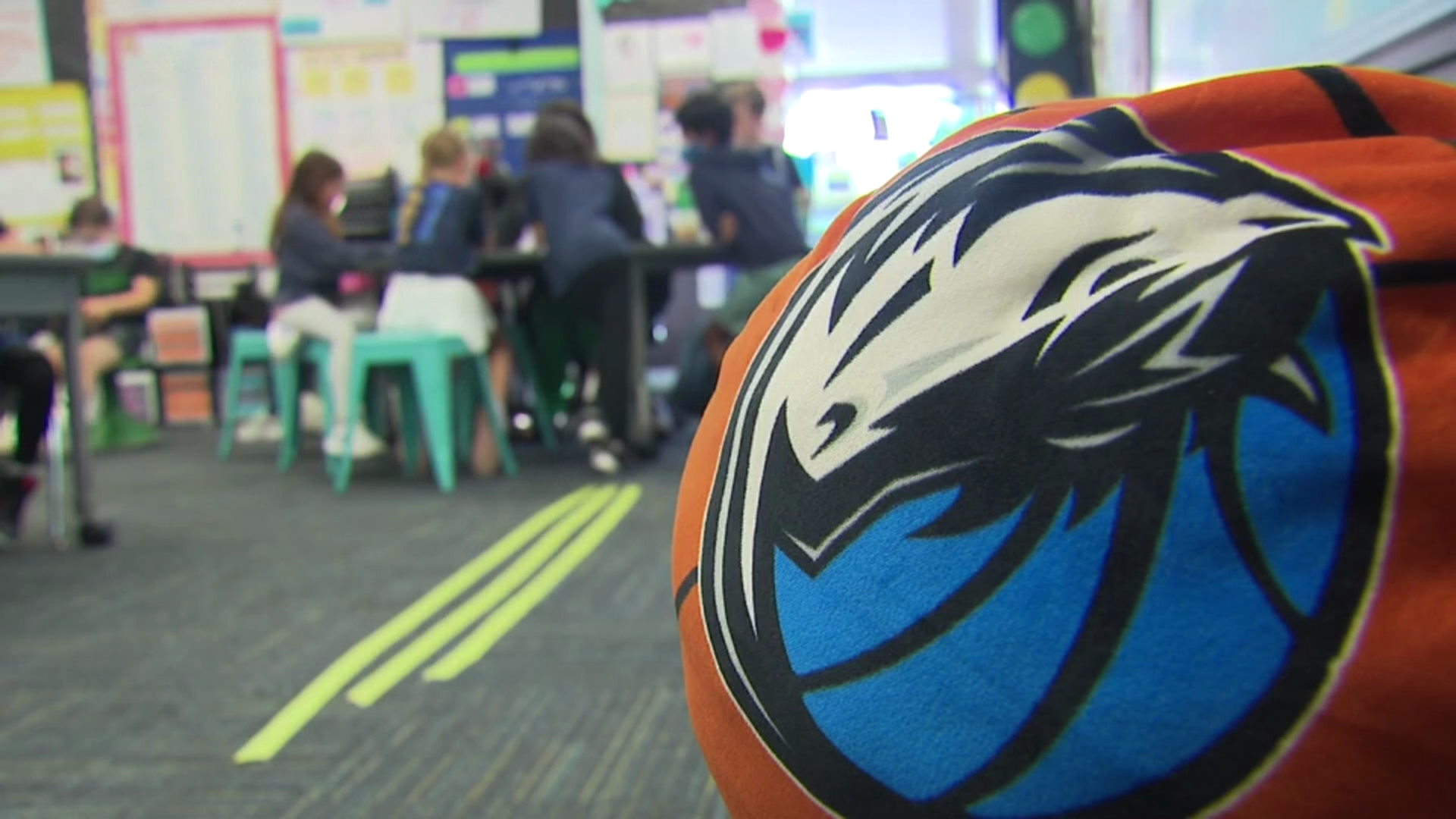The Texas Legislature convened briefly in a special session Tuesday to take another stab at making drastic cuts to public school funding over the next two years after failing to pass an education bill before the regular session ended.
Gov. Rick Perry recalled the Legislature for a special session as soon as the regular session adjourned Monday night because they failed to pass a bill that would have legally let the state pay public schools $4 billion less than under current law. The bill was tied to the budget so that without it, the state could not distribute about $37 billion to public schools. The governor also wants lawmakers to pass proposed changes to Medicaid, the government's health insurance program for the poor.
Senators have already filed seven bills to cover those matters and more. The Senate also wants to take up congressional redistricting, new rules for educational materials and new interstate health insurance rules. Hearings on the Senate bills could start Thursday, and Dewhurst noted that all of the bills filed early Tuesday passed the Senate in the regular session.
"There's not a lot to debate we don't already know," Dewhurst said.
The Senate adjourned until Thursday and the House will meet again Wednesday morning.
Lawmakers had to change distribution formulas to public schools in order to deal with a multibillion dollar state revenue shortfall. The bill would have spread the cuts to schools over the next two years.
Sen. Wendy Davis, D-Fort Worth, effectively killed the bill late Sunday night with a filibuster that lasted past midnight, preventing a vote on the bill. Senate rules would have required a four-fifths vote to allow a vote on the bill Monday, the last day of the legislative session. With a 19-12 majority in the chamber, Republicans would have needed six Democrats to join them to suspend the rules.
Local
The latest news from around North Texas.
Democrats contend that the bill would create a formula that would allow the state to keep underfunding schools into the future, something they said they can't take back to their constituents.
The Legislature also failed to pass a bill that would save the state money on Medicaid by expanding the privatization of Medicaid services in Texas and creating incentives to improve the quality of care.
Though Perry called for the special session to address changes to school funding and Medicaid, he could add items to the agenda or call another special session to consider other legislation.
Republicans said Democrats should be prepared for a contentious session that includes items they've fought hard against, including tougher immigration laws and legislation that would allow for larger public school class sizes.
Senators filed seven bills and left a spot open for an eighth. Two bills deal with school finance and other budgetary matters, and one that deals with Medicaid. But surprisingly, senators also filed legislation dealing with school instructional materials, an interstate health insurance program and a congressional redistricting map.
The additional items were listed in a letter from Lt. Gov. David Dewhurst to the governor as recommendations for the special session. It was unclear if Perry would add them to the agenda.
During the regular session Democrats blocked the sanctuary cities bill that would have local law enforcement enforce federal immigration policy. During the special session, the Republican majority in the Senate and supermajority in the House are all but certain to push the measure through.
Dewhurst said he was ready to do away with the Senate's tradition of requiring a two-thirds vote to approve bills in the special session, which is meant to give even the minority party a say in legislation. The lieutenant governor presides over the Senate and he can choose not to recognize the unwritten rule in a special session.



